To introduce you to our newest grant recipients, we’ve started Fellow Friday. Last week, we highlighted fellowships focused on health and well-being. Because April is Arab American Heritage Month, we thought we’d share the plans of teachers who will explore various world cultures this summer with their Fund for Teachers grants…
Click here for a complete list of grant recipients.
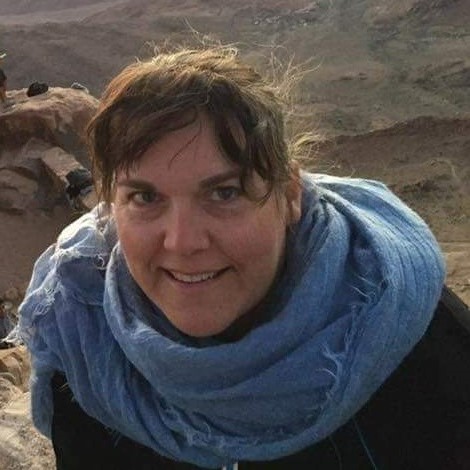 Jenny Anderson | Glide High School – Glide, OR
Jenny Anderson | Glide High School – Glide, OR
Observe across four sub-Saharan countries the cultural, historic and environmental aspects of East Africa to revise a 10th grade World Studies unit that addresses the region’s geographic, cultural and political diversities, as well as modern interactions between humans and the environment.
“I know that students can benefit enormously from learning about other cultures and places, but unfortunately social studies seems to be the subject that doesn’t get much attention in our school systems. Many areas of the world are left out of the curriculum altogether, especially sub-Saharan Africa, a region my 10th graders have only learned about in seventh grade — and then only Egypt. I will focus on rural areas, cultural sites, wildlife and environmental conservation, economic enterprises, and interaction with citizens.”
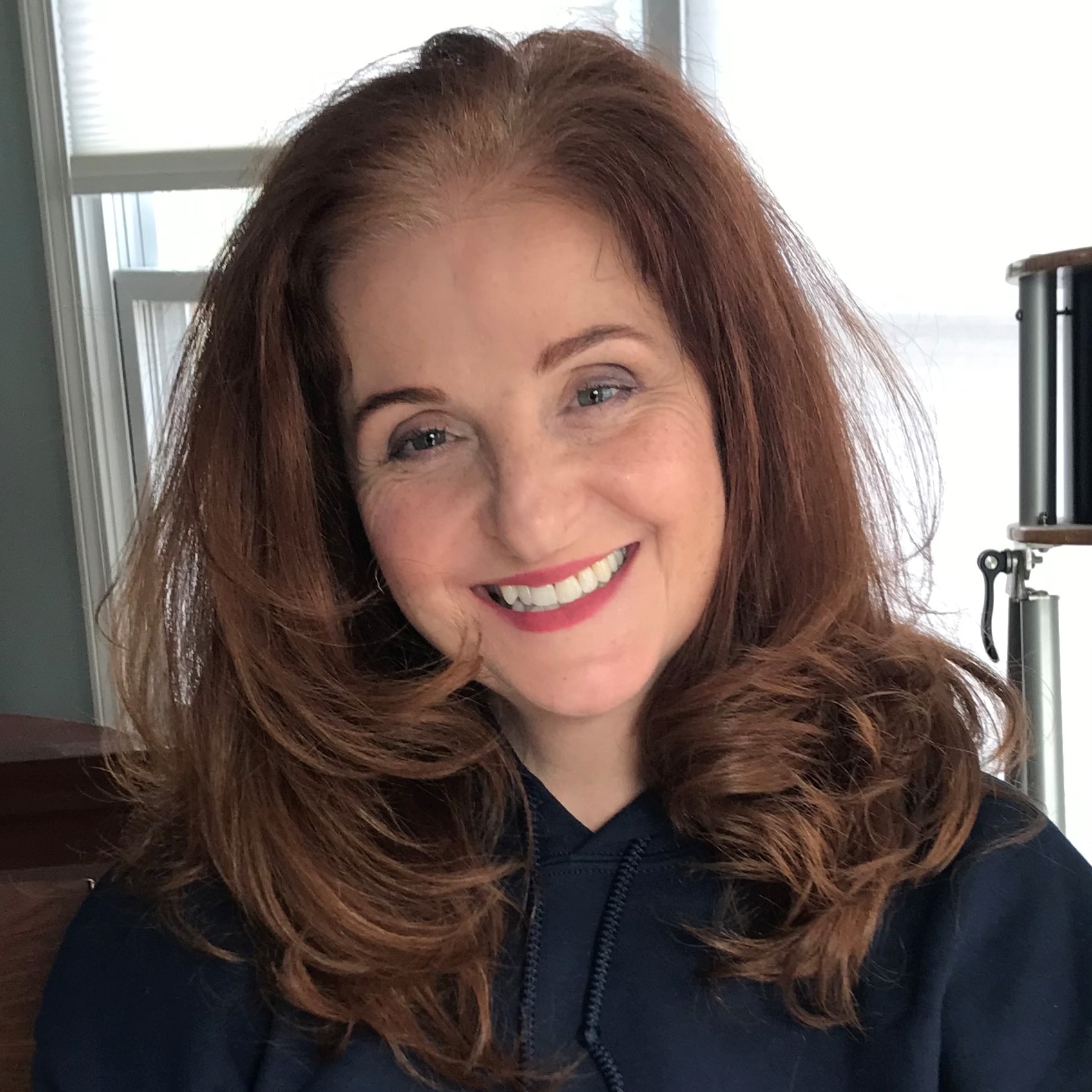 Colleen Bretthauer | Colchester Elementary School – Colchester, CT
Colleen Bretthauer | Colchester Elementary School – Colchester, CT
Become immersed in Korean culture while practicing Hangul as a minority, to then engage children in creation of authentic Asian music and consideration of how people are more alike than different.
“It has been quite a process preparing for this fellowship, starting two years ago when I realized how little I knew about Asian culture and music. I previewed a unit on Korea, but found myself lacking in understanding. A year ago I began learning the Korean language, Hangul. Through this direct and interactive experience I will be able to confront my own subconscious biases of Asian culture, experience what it is like to walk the streets of a country where I am in the minority and then engage children in their own investigation.”
Natalie Blondis Krzeminski, Elizabeth Morales & Vanessa Viruet
Spry Elementary School | Chicago, IL
Document Mexican and Belizean cultural and historic sites to educate students on Afro Mexican and Indigenous culture and counteract the negative impact that Mexican hegemony can have on students from these regions.
“The overt and covert racism through xenophobia that is felt has an impact on our student’s self-image, self-worth, and appreciation for their cultural upbringing. Many of our students combat societal pressure to assimilate and distance themselves from their native language and culture. As educators we must counter these direct and indirect attacks on our students’ communities, empower them, demonstrate to them that we do not place limitations on their capabilities due to their culture.”
Joshua Davis, Kristin Pasculle, Ruth Quinones & Sara Sanches
International High School at Largo – Upper Marlboro, MD
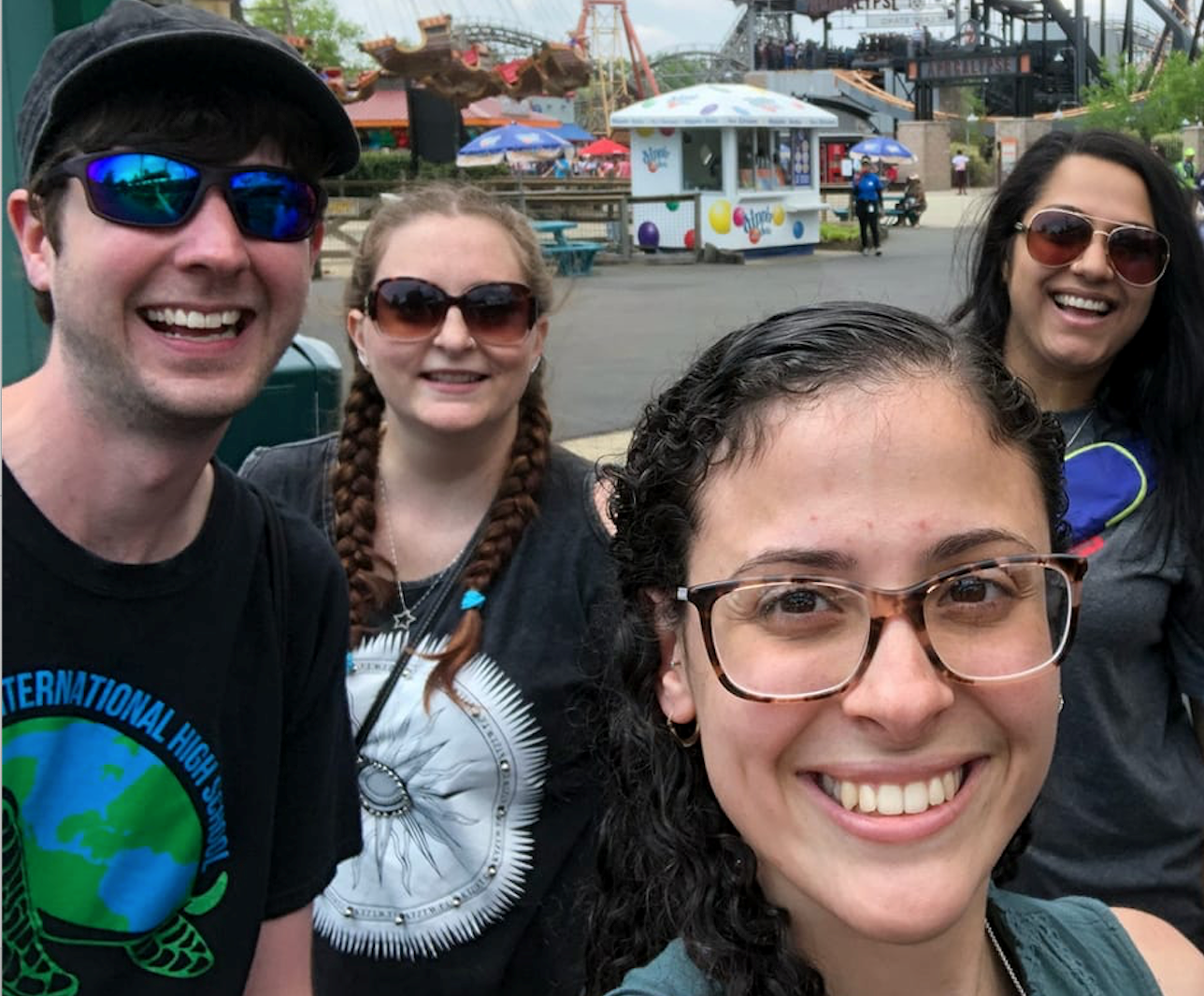 Embark on a Spanish language and cultural immersion experience in El Salvador and Honduras that includes an investigation of the Mayan Chorti culture, intensive Spanish instruction, and a homestay with a host family, to create culturally responsive and inclusive classrooms at a predominantly Spanish speaking school.
Embark on a Spanish language and cultural immersion experience in El Salvador and Honduras that includes an investigation of the Mayan Chorti culture, intensive Spanish instruction, and a homestay with a host family, to create culturally responsive and inclusive classrooms at a predominantly Spanish speaking school.
“Our experiences will help us teach our students about the UN Sustainable Development goals as we learn about the ancient Mayans and connect with the Mayan Chorti people. We are especially interested in sea turtle conservation, as our school’s mascot is the sea turtle (our students come from all over the world, just like the sea turtle).”
Olivia Flores | Paseo Academy of Fine and Performing Arts – Kansas City, MO
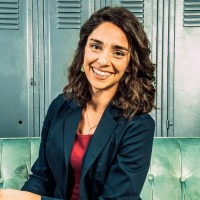 Complete an intensive language immersion course in Barcelona and join an artifact-gathering/cultural enrichment experience in Pamplona, Madrid, and Valencia to bolster Spanish culture content in a dual language curriculum and firmly establish the accessibility of international travel opportunities through bilingualism in our students.
Complete an intensive language immersion course in Barcelona and join an artifact-gathering/cultural enrichment experience in Pamplona, Madrid, and Valencia to bolster Spanish culture content in a dual language curriculum and firmly establish the accessibility of international travel opportunities through bilingualism in our students.
“I have strived to live my life in a way that honors my own cultures and allows me to foster skills I am passionate about to be a life-long educator and learner. This fund, as a professional and as an individual, is the logical and necessary next step for me to live out this crucial philosophy.”
Jen McKay, Maria Powlow-Muller & Michelle Soldini
Tottenville High School – Staten Island, NY
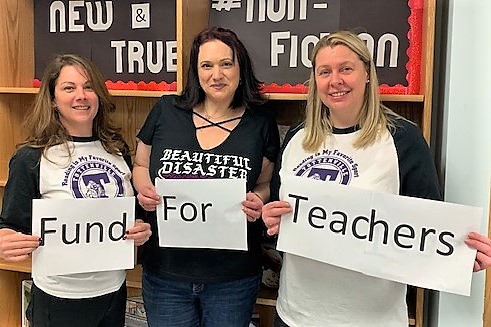 Retrace the footsteps of Italian immigrants through Genoa, Naples and Rome to Ellis Island to document the importance of maintaining cultural identity, explore the causes and motivations behind immigration and inform the creation of student-led mini-documentaries that build tolerance within the school community.
Retrace the footsteps of Italian immigrants through Genoa, Naples and Rome to Ellis Island to document the importance of maintaining cultural identity, explore the causes and motivations behind immigration and inform the creation of student-led mini-documentaries that build tolerance within the school community.
“We believe a new concept can emerge after our fellowship: the idea that the future of cultural identity depends on them [the students], their aspirations, and attitudes. The fellowship findings will also create an understanding of how individual desires can affect the future of cultural identity. Lastly, we are hoping for developing among our students a long-lasting pride of cultural heritage.”
 Ariana Sanders | Princeton High School – Cincinnati, OH
Ariana Sanders | Princeton High School – Cincinnati, OH
Participate in the Witness Tree Institute’s immersive educator experience in Ghana to explore the impact of colonization, as well as how Africans protect their natural resources, to inform the development of learning objectives and course modules for Ethnic Studies, to be offered to Ohio’s high school teachers.
“As a college student I was not prepared well enough to incorporate issues with Black history into my teaching, today’s learning standards aren’t written in an inclusive way, AND the entire country is fighting to decide what Critical Race Theory means in public schools. Due to a pretty Eurocentric model of teaching, my students know very little about Africa. This fellowship will completely change how I teach them. Although I hope to show them some things that are unique about Ghanaian culture, I also hope to be able to express ways that we are the same.”
“Now more than ever, it is imperative that we invest in the most important component of any classroom — the teacher,” said Karen Eckhoff, Executive Director of FFT. “Educators are facing countless challenges every day, and Fund for Teachers is dedicated to further diversifying the ways that we can support them. Our grants represent trust in teachers’ professionalism, creativity, and vision, offering flexibility to meet the unique needs of each classroom, with the students remaining the ultimate beneficiaries as they continue to grow and learn in today’s ever-changing world.”
We look forward to introducing you to more 2022 FFT Fellows next Friday!


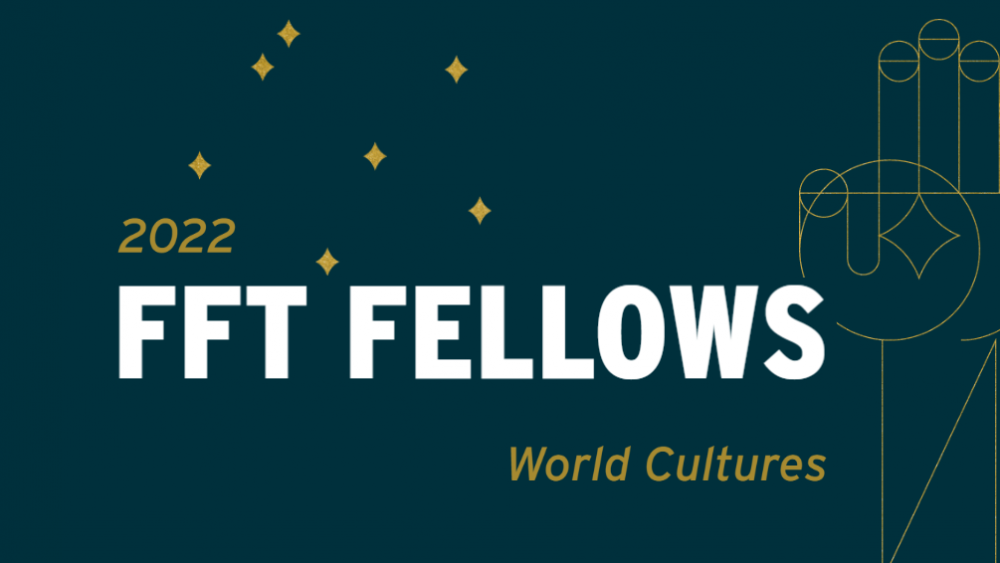
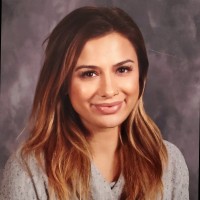
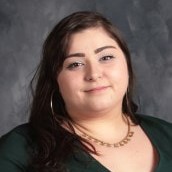
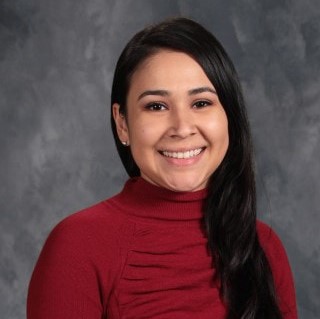
Comments are closed.